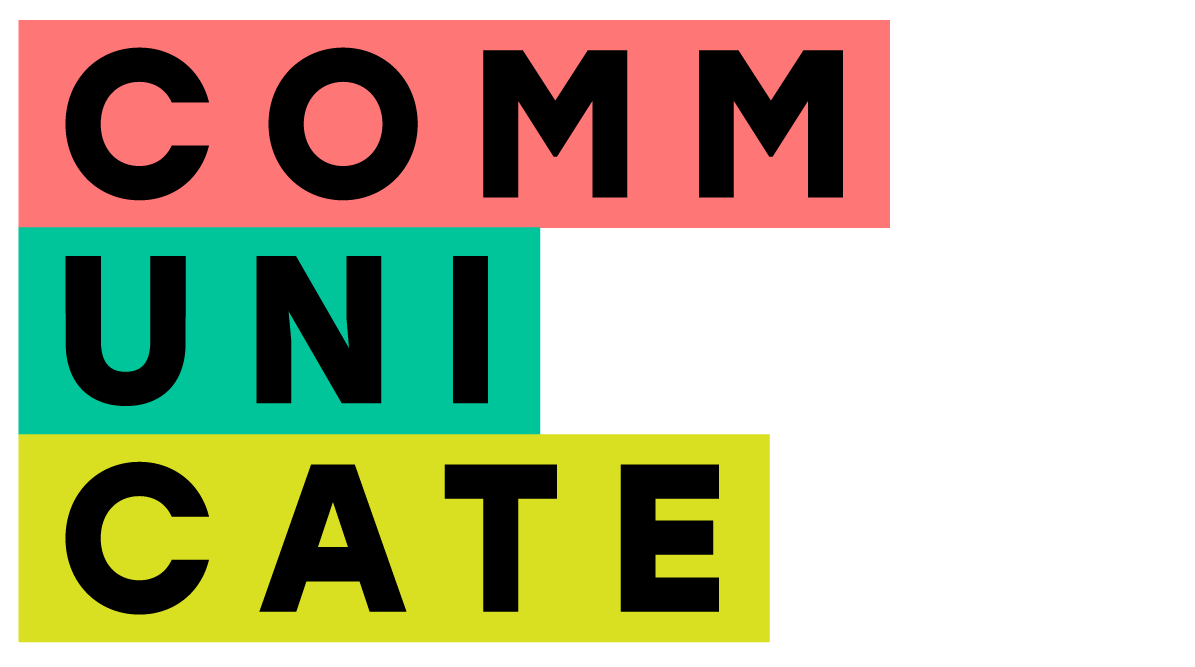Engaging Men as Allies: A Shift in DEI Strategy
International Men's Day offers an opportunity to re-examine traditional approaches to diversity, equity, and inclusion (DEI). While these initiatives are crucial for addressing systemic inequalities, it's essential to acknowledge that men, particularly men, often feel marginalised or excluded from the conversation. This exclusion can hinder progress towards a truly inclusive workplace.
The Challenge of the Blame-Centric Approach
A common pitfall in DEI efforts is a tendency to focus solely on the negative behaviors of certain groups, often men. This blame-centric approach can alienate and discourage men from engaging in constructive dialogue and action. Instead of fostering a sense of shared responsibility, it can create defensiveness and resentment.
Why Men Feel Excluded
Fear of Misinterpretation: Men may fear being perceived as insensitive or dismissive if they speak up about DEI issues.
Lack of Understanding: Many men may not fully grasp the complexities of systemic biases and discrimination.
Feeling Targeted: Some men may feel unfairly singled out or blamed for historical and ongoing inequalities.
Absence of Recognition: Sometimes we forget the intersectionality that individuals posses.
Shifting the Paradigm: A Collaborative Approach
To create a truly inclusive environment, organisations must adopt a more collaborative and empathetic approach. By recognising the unique challenges and perspectives of men, organisations can empower them to become active allies in the pursuit of equity.
Here are some strategies to engage men as allies:
Open and Honest Dialogue:
Create safe spaces: Establish forums where men can discuss their experiences, concerns, and biases without fear of judgment.
Active listening: Encourage open and honest communication, actively listening to men's perspectives, and validating their feelings.
Inclusive Language: Promote inclusive language and avoid generalisations.
Education and Awareness:
DEI Training: Provide comprehensive DEI training that addresses men's specific concerns and challenges.
Unconscious bias training: Provide training to help men recognise and challenge their own biases.
Resource Sharing: Share resources and articles that provide insights into the experiences of marginalised groups.
Inclusive Leadership:
Role modelling: Encourage male leaders to champion DEI initiatives and set an example for others.
Accountability: Hold male leaders accountable for creating inclusive environments and addressing gender bias.
Empowerment and Support:
Mentorship opportunities: Provide mentorship opportunities for men to support and guide others.
Professional development: Offer training and development programs to help men advance their careers and become effective allies.
The Benefits of Engaging Men as Allies
By engaging men as allies, organisations can:
Accelerate progress: Men in positions of power can drive systemic change and create a more equitable workplace.
Build stronger teams: Collaborative and inclusive teams are more innovative, productive, and resilient.
Enhance reputation: A commitment to gender equality and inclusivity can attract top talent and improve brand reputation.
By adopting these strategies, organisations can create a more inclusive and equitable workplace where men feel empowered to be allies, rather than adversaries, in the pursuit of a more just and equitable future.
Need help implementing these strategies? Contact us or visit our services page to learn more about how we can support your organisation's DEI journey.
